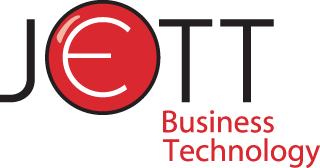As business technology continues to advance at a breakneck pace, organizations are routinely tasked with determining the optimal approach to managing their IT requirements. The decision to engage IT consultants or develop an internal IT team is pivotal, influencing not only operational effectiveness but also financial stability. This analysis delves into the difference between IT consulting and in-house IT, highlighting their benefits and drawbacks, to aid companies in making well-informed choices that are best suited to their specific needs.
Exploring In-House IT Operations
In-house IT refers to the practice of having a dedicated team within the company that manages and supports all aspects of the organization’s information technology infrastructure. This approach allows for direct control over IT activities and immediate response to issues.
Benefits of in-house IT include a deep understanding of specific company processes and an alignment with the overall business culture, which can lead to a tailored IT approach that closely meets the needs of the business.
However, the disadvantages are notable. The cost of hiring, training, and retaining skilled IT professionals can be high, and the company must also keep pace with continuously evolving technology and security demands, which can be both costly and resource-intensive.
Read more: Adding Protection and Safety in Our Information Technology World
The Role of IT Consulting
IT consulting involves engaging external experts to manage and support the company’s IT requirements. These consultants operate independently of the company’s core team but work closely to align IT services with business goals.
The benefits of IT-managed services provided by consultants include access to a broader range of expertise and experiences that can propel a company’s technology strategy forward. IT consultants often bring specialized knowledge of industry best practices and advanced technologies that may not be available in-house.
On the flip side, relying solely on external consultants might lead to challenges in integration and communication. There is also the perceived risk of reduced control over the company’s IT direction and data security.
Comparing Both Models
When comparing IT consulting vs. in-house IT planning, factors like cost, accountability, flexibility, expertise, and skills play significant roles.
- Cost-wise, IT consulting can be more variable but generally offers lower upfront expenditures compared to the ongoing costs associated with in-house IT teams, such as salaries and benefits.
- In terms of expertise, consultants often provide a higher level of specialized knowledge, particularly in cutting-edge technologies and compliance standards. However, in-house teams offer better day-to-day integration.
Enhance Your Strategy with JETT Business Technology
Making the right choice between an in-house IT team and IT consulting can significantly influence your business’s operational efficiency and innovation capability. If you are looking for reliable Atlanta-managed IT services that ensure your technology aligns with your business goals, contact JETT Business Technology. Let’s drive your business forward together.


